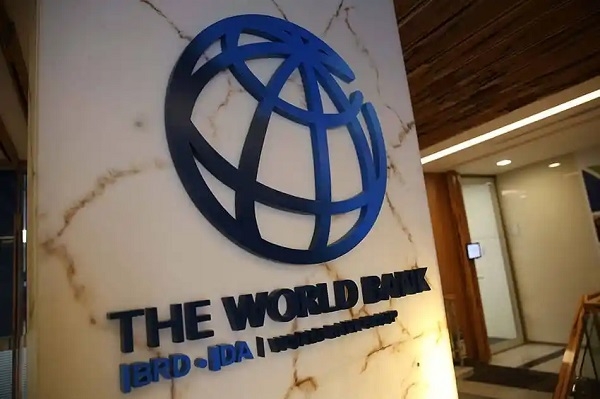Our Terms & Conditions | Our Privacy Policy
Ghana’s macroeconomic stability hinges on fiscal consolidation
World Bank urges government to stick to IMF targets
The World Bank has admonished the government to focus on fiscal consolidation as a means of enhancing macroeconomic stability.
According to its latest update on the Ghanaian economy, the Bank noted that the economy is currently on a positive growth trajectory; however, reforms remain crucial.
In its short-term projections, the World Bank emphasised that the government must prioritise restoring macro-financial stability, which is critical for promoting private investment-led growth and job creation.
OSP Half-Year Report: List of cases under full investigation
The report further highlighted that strict adherence to fiscal targets agreed under the International Monetary Fund (IMF) Extended Credit Facility (ECF) Program is vital to keeping debt on a sustainable path.
On Public Financial Management (PFM), the Bank recommended:
• Implementing new fiscal rules and adequately resourcing the Fiscal Council for effective oversight.
• Ensuring compliance with amendments to the Public Procurement Act to manage commitments and prevent the accumulation of arrears.
• Enforcing blanket purchase orders for multiyear infrastructure projects.
• Implementing an arrears management framework and strengthening cash flow mechanisms.
It added that the full adoption of PFM systems such as the Ghana Integrated Financial Management Information System (GIFMIS) and the Ghana Electronic Procurement System (GHANEPS) across all ministries, departments, and agencies (MDAs), as well as metropolitan, municipal, and district assemblies (MMDAs), together with the integration of all spending accounts into the Treasury Single Account (TSA), will enhance transparency and control.
The World Bank also urged the government to fully implement revenue measures outlined in the 2025 budget, which are expected to yield additional revenue of at least 0.6% of GDP in 2025, consistent with ECF program targets.
Additionally, enforcing the Tax Exemptions Law and establishing a comprehensive tax expenditure repository will improve accountability and transparency.
Strengthening the capacity of the Ghana Revenue Authority (GRA) to roll out the Integrated Tax Administration System (ITAS) and conduct risk-based audits will also boost tax compliance.
On the financial sector, the report called for the recapitalisation of all financial institutions in line with the Financial Sector Strengthening Strategy (FSSS). It further recommended tackling the issue of high non-performing loans (NPLs) through a comprehensive asset quality review to guide bank-specific action plans.
Finally, the Bank advised the Bank of Ghana to avoid large foreign exchange interventions to reduce distortions in the market.
SEC plans to regulate forex trading in Ghana – Deputy Director-General
SSD/MA
Images are for reference only.Images and contents gathered automatic from google or 3rd party sources.All rights on the images and contents are with their legal original owners.



Comments are closed.